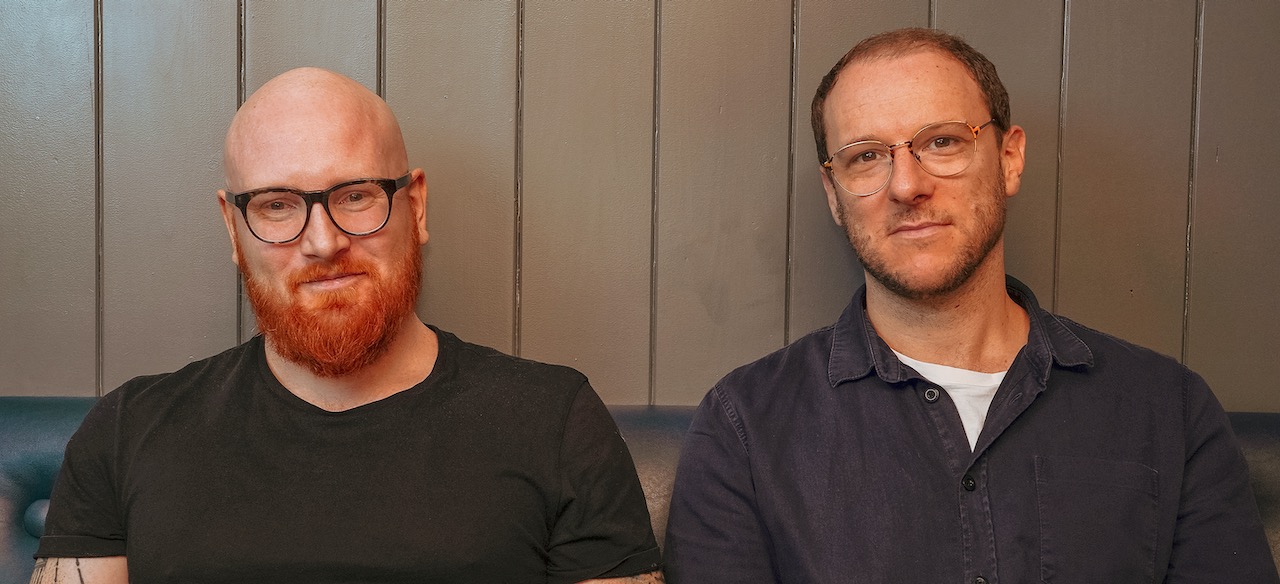
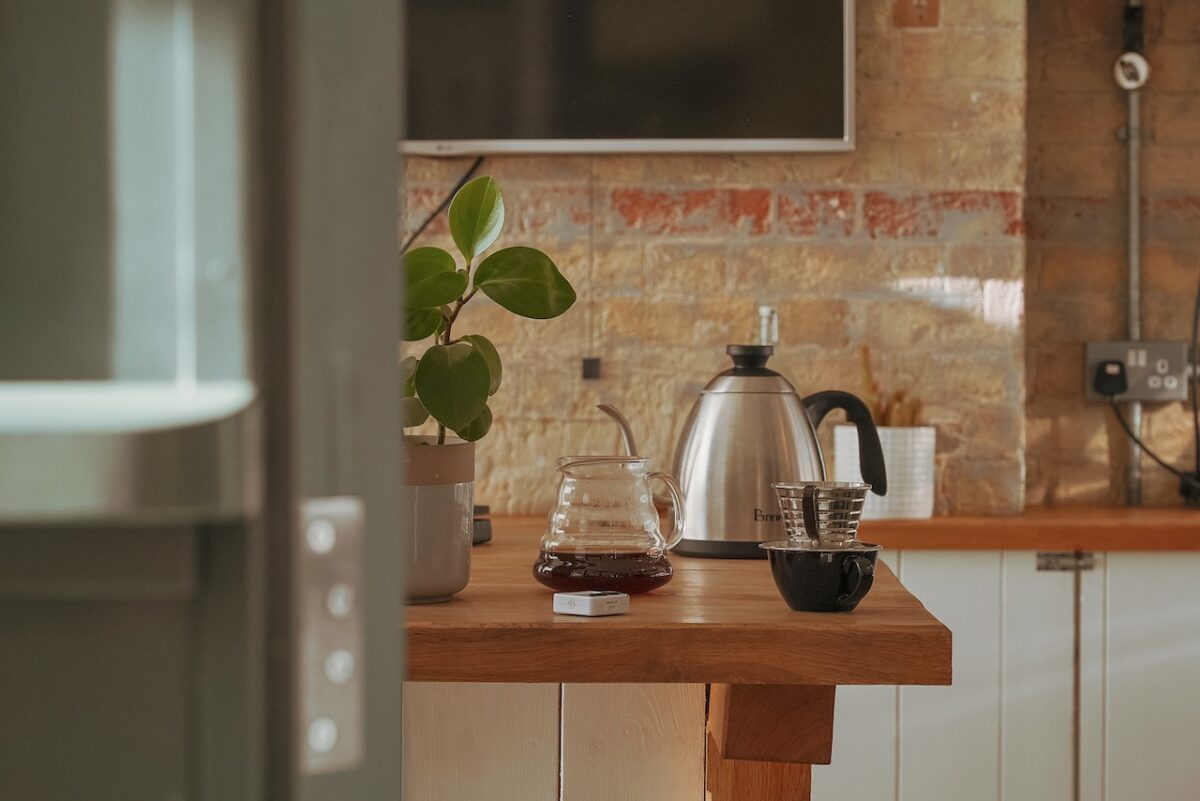
Assembly Coffee was founded in Brixton, London in 2015 and sells its home roasted coffee to cafés and restaurants in the UK and around the world. It is a carbon neutral, certified B Corporation, and the word ‘Assembly’ is a fitting name for the group with a strong common purpose that pursues quality, collaboration, innovation, and ethical trading. We spoke with Nick Mabey and Michael Cleland, who co-founded Assembly Coffee after crossing each other’s paths.
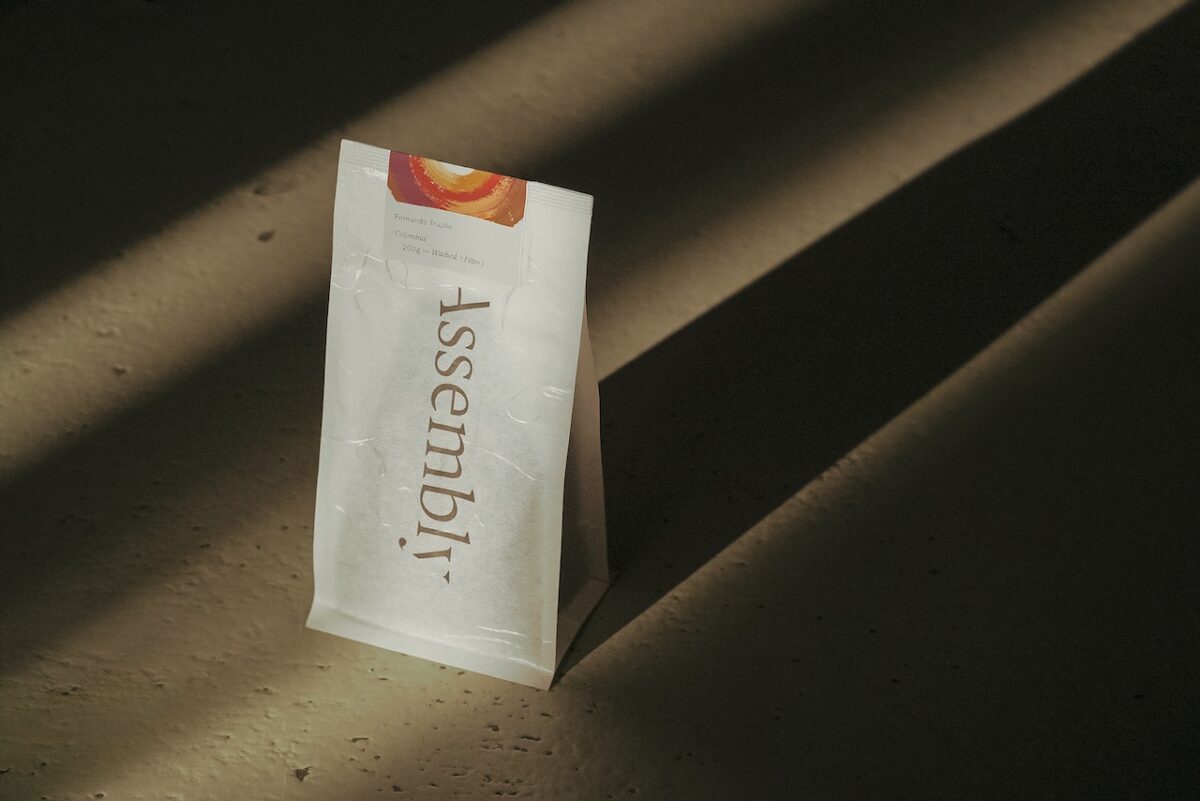
Building together
The word ‘assembly’ is commonly defined as a gathering of people with a common goal. When learning about Nick and Michael’s thought process in relation to Assembly Coffee, it becomes clear that the company name embodies their way of thinking.
“We place a high value on talking with our customers,” says Michael, who leads the company’s marketing department. “This means that all our products, including our catalogs, the types of coffee we source, and the illustrations we use to describe our flavors, were created with the input and cooperation of the cafés we sell to. Even the decision on the company name ‘Assembly Coffee’, was made based on our customer’s votes.
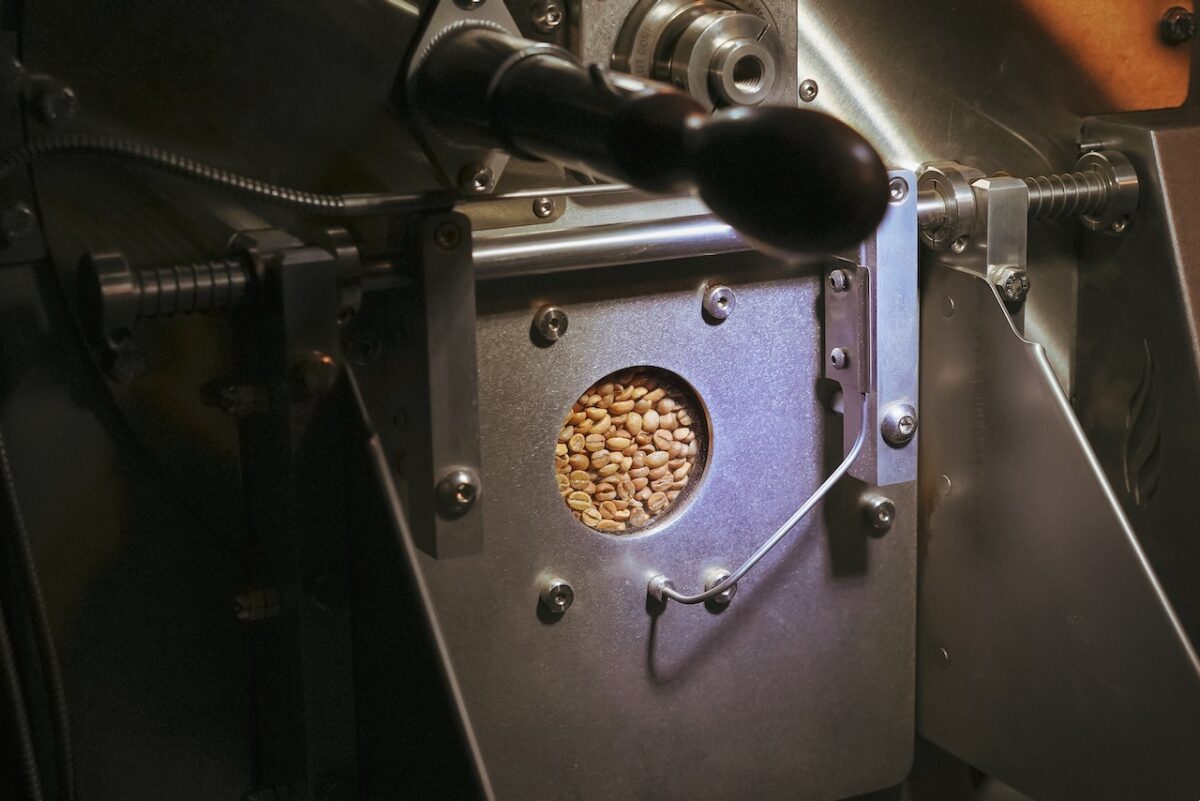
So, we don’t tell our wholesale customers how to serve the coffee. They should roast it the way they feel is best. Assembly doesn’t roast their coffee, they roast it themselves with Assembly.
This policy was decided on after listening to café owners about six months before the launch of our company. We found out that cafés don’t just want to buy coffee from roasters, they want to be involved with them and work together towards shared goals and perspectives.”

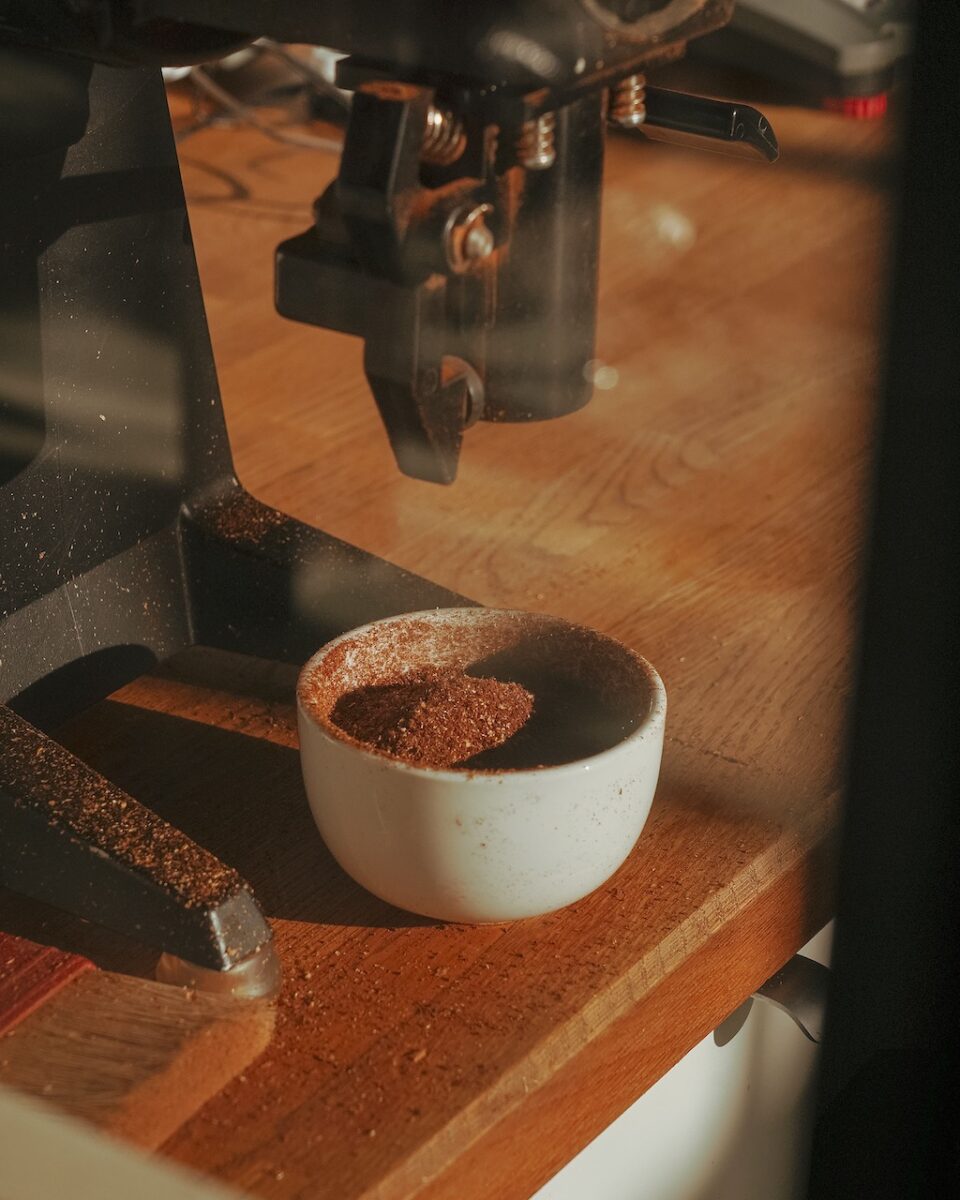
Collaboration is essential for innovation
Building in collaboration with customers is a logical choice for Assembly.
Michael: “We don’t have a significant access to the end consumers because we’re primarily a wholesaler, whereas cafés have contact with hundreds, sometimes thousands of them every day. If we can draw from the information they get there, it can be an important and powerful resource for innovation.”
Nick: “You can’t innovate without working with someone else. I heard a psychologist say once that Apple became successful because Steve Jobs realized the importance of working with others.
Coffee is an experience that you share with someone, whether it is growing it, sourcing it, or drinking it. To achieve our goal as a brand, which is to provide a personal and deep connection to coffee, we need to understand what moves people as much as we can. In the end, there’s no better way to do that than to collaborate with others.”
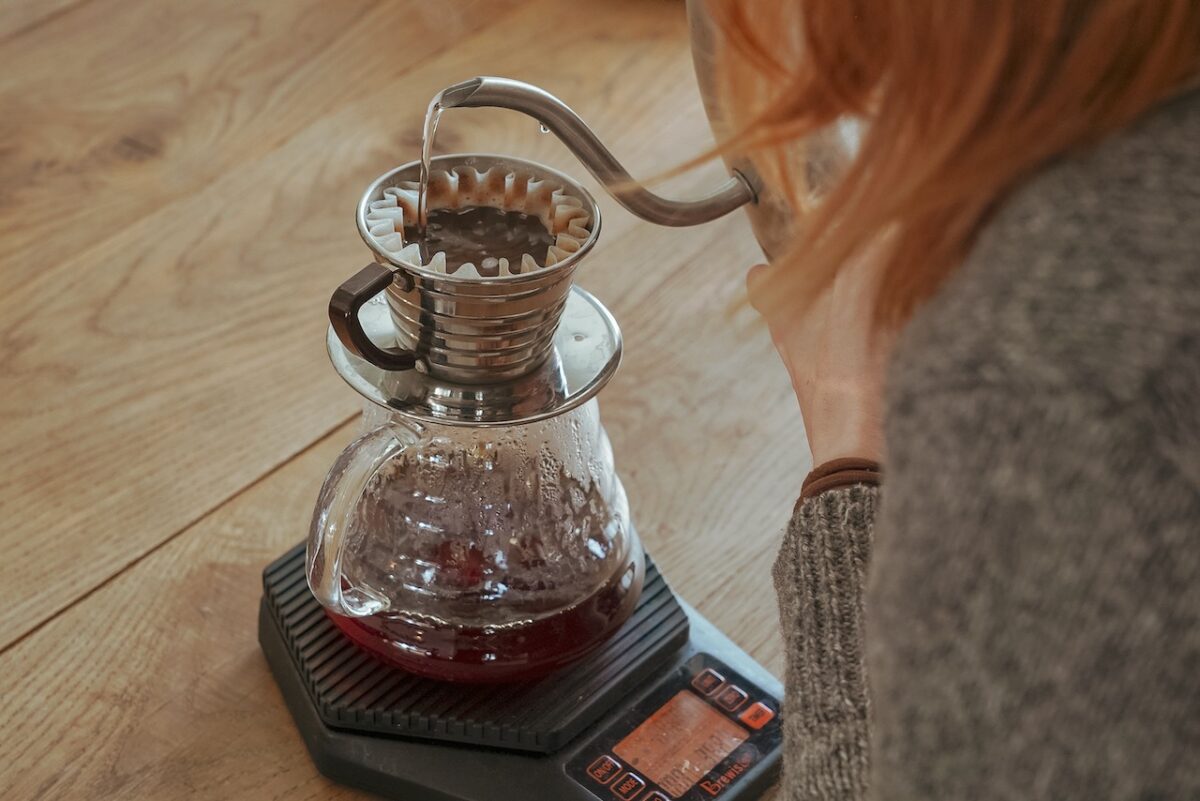
What is more, collaboration is a means to an end for Assembly Coffee, not the goal.
Michael: “Our goal has always been to be the leading innovator in specialty coffee. To question the status quo and to transform every element of the supply chain for the better. To share our expertise and views with our partners, and to constantly ask how we can make specialty coffee more accessible to the public. We believe that this attitude will lead to innovation.
To create a fairer system for everyone involved in coffee, we need to be successful in offering specialty coffee to end consumers. The coffee industry in the UK has grown rapidly since around 2010 and is becoming more competitive, but it is still in its infancy and there is much room for improvement.”
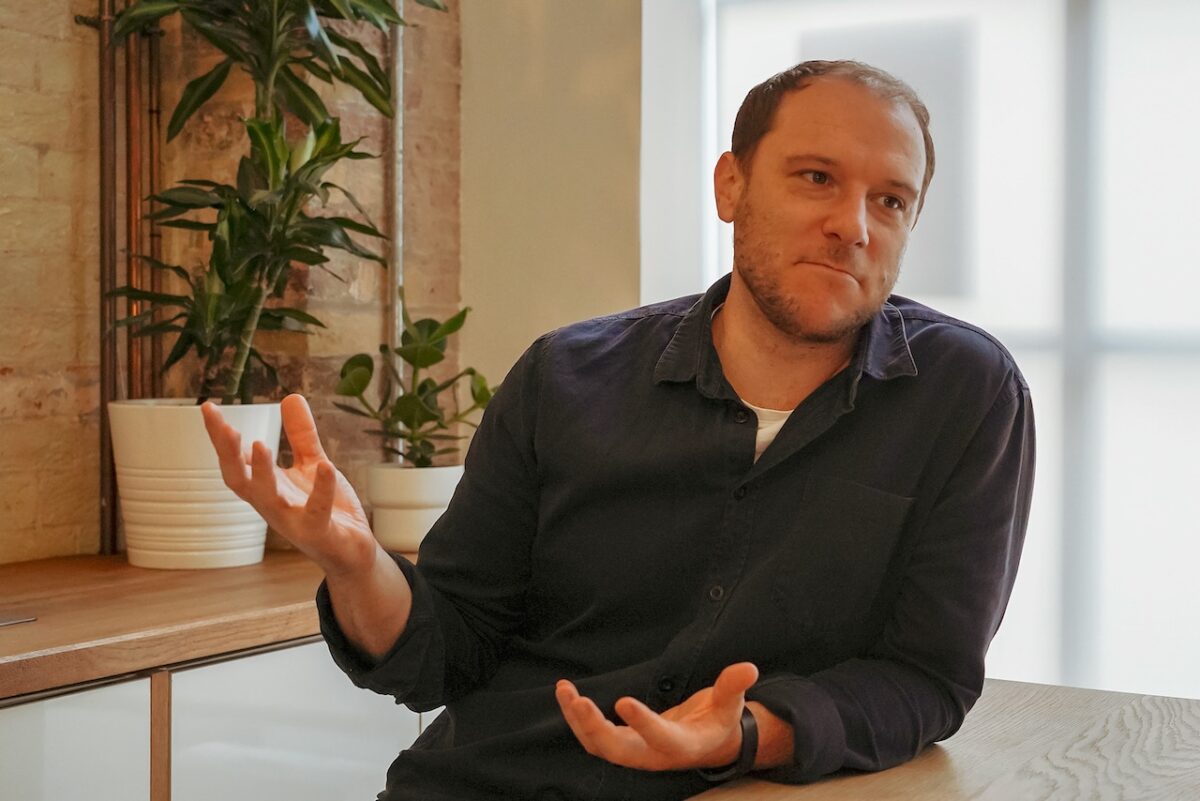
Both Nick and Michael often use the word ‘opportunity’, and their espoused concepts of quality, collaboration, innovation, and ethical trading are all connected to that.
Michael: “If we conduct our business well, we can give a lot of opportunities to producers who are stuck in a world of unfair distribution. The word ‘Assembly’ in our company name refers to a joint effort for a common cause. We believe that through specialty coffee we can change the way the world works today.”
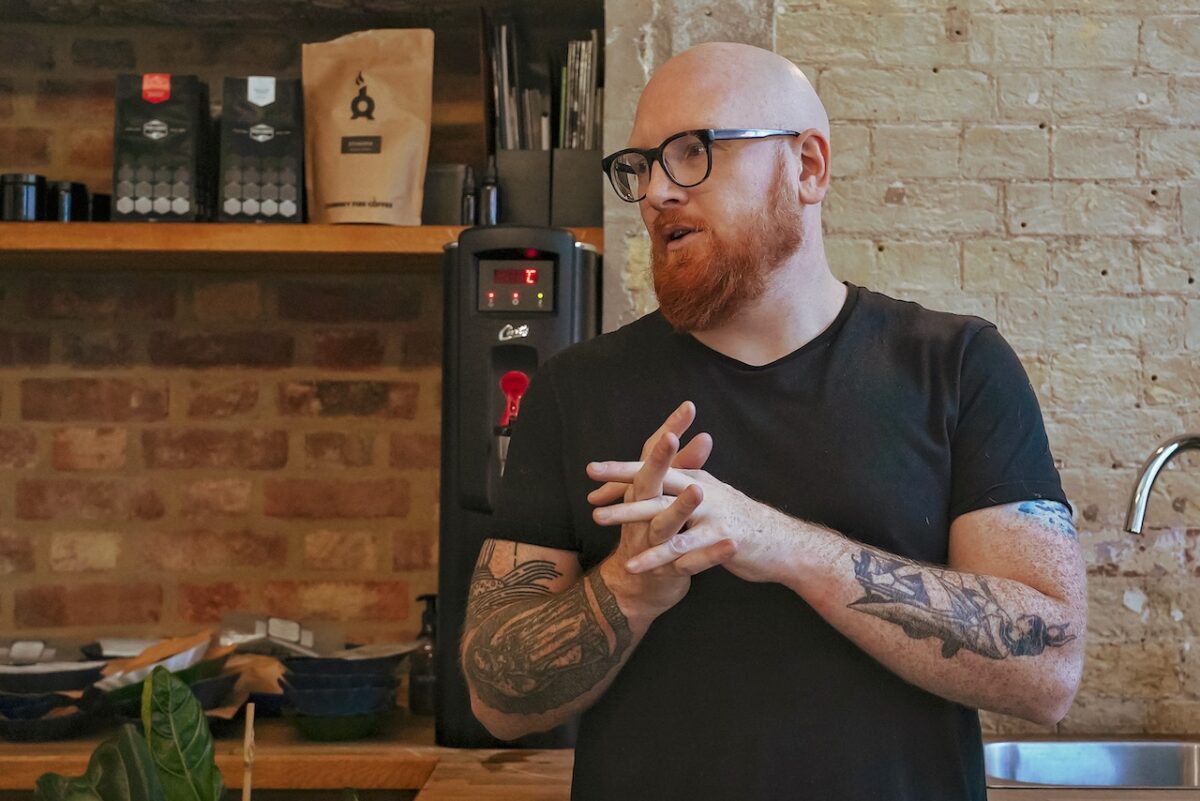
Nick: “There are inherent opportunities in coffee in many ways. For some, it’s a chance to think openly about ideas with the people they meet in cafés, and for the producers it’s an opportunity to become economically successful. In essence, coffee can connect people because it has importance to many. It’s very interesting because it has a human element that no other commodity has.
Wine comes close, but I think coffee is becoming an exemplary model in that the value is found in the people involved rather than the product itself. The most fascinating thing about the coffee industry is that there are so many interesting people. I think there is no other industry that is so diverse in so many ways.”

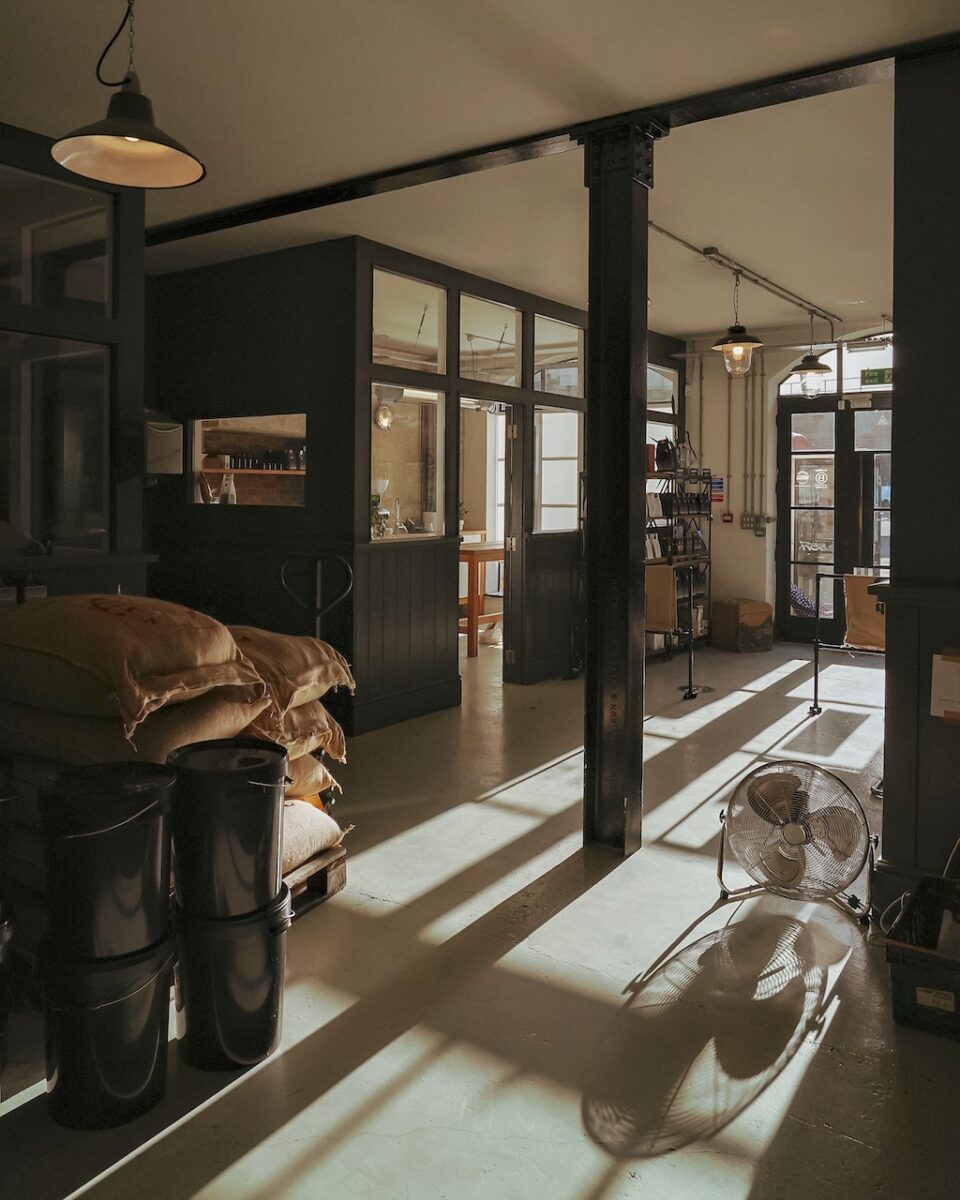
Coffee is about connecting people
At Assembly Coffee, Nick is responsible for sourcing the green coffee and having a positive impact on the coffee growing regions. Before COVID-19, he spent most of his time traveling to coffee origins and building long-term relationships because he believes that this is the only way to source unique coffee with character.
Nick: “There is an organization called ‘Red Association’ that we have been involved with since founding the company. It’s like a Colombian coffee growers’ collective, and in a nutshell, it’s a group of growers who share resources while supplying a certain number of roasters in the UK with all their coffee.
Unlike cooperatives, this system is not possible without a buyer who agrees to purchase coffee at a higher and steady pricing, so it’s easier to sustain the relationship. However, it requires taking a risk. In fact, the first few years were difficult until all the coffees had an acceptable quality to us.”
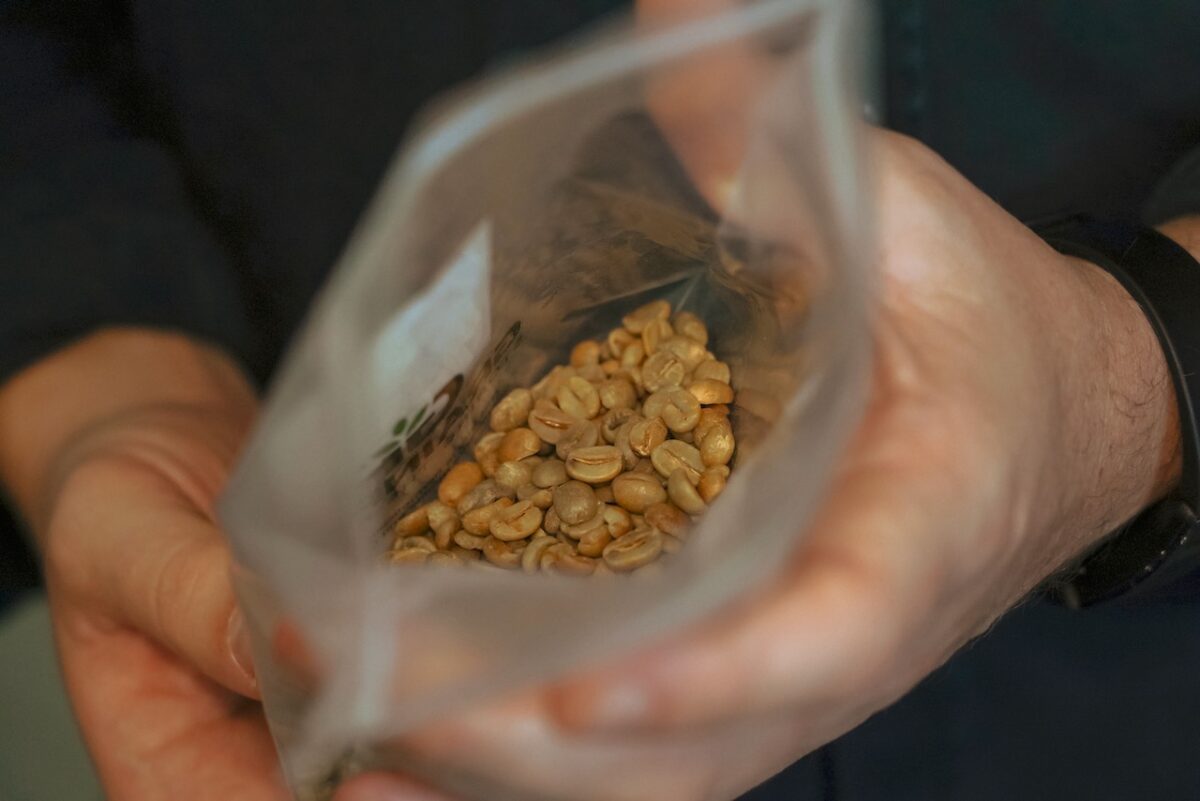
Their vision doesn’t revolve around their own benefit.
Nick: “I am always vocal about the need to celebrate growers who do exceptional work. Therefore, it gives me great pleasure when I can introduce a producer to more buyers. When I visited Colombia once, the locals pulled me aside and said that ‘none of these people would be here if it wasn’t for you, so thanks.’ That made me very happy because it meant a lot of producers were able to sell their coffee.
I also give coffee-related lectures, and it brings me great joy when I see people connecting with each other, such as when they find employment at coffee companies or cafés, or when they start long-term business relationships. I experience the potential coffee has in connecting people in many situations.”

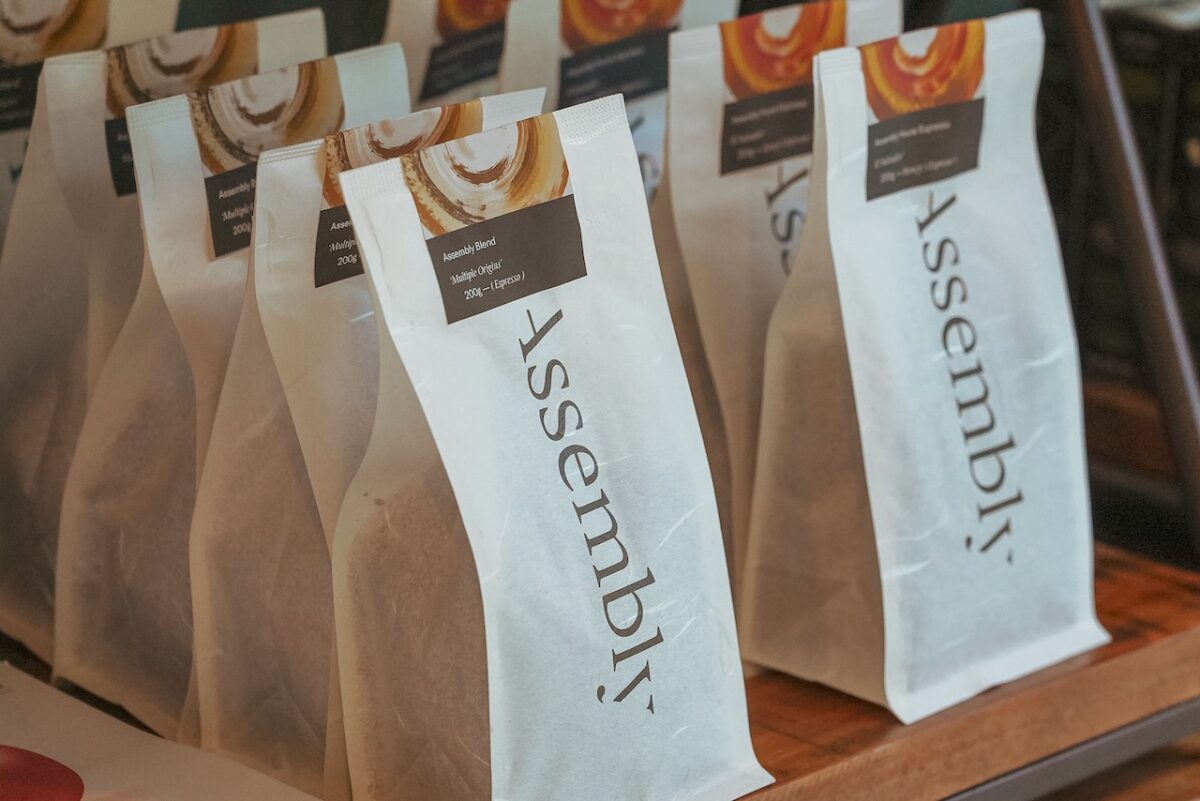
Different, resonating personalities
Originally from New Zealand, Nick used to work in the coffee industry while working as a professional jazz musician. Michael gained experience in brand strategy development and insight marketing in Australia. The two, who used to work at different roasters, met through a project.
Michael: “When I was working at Volcano Coffee, Nick was introduced to me while we were working on a project to launch a new brand. While I focused on the management side of the business such as marketing, he took care of all the practical aspects of coffee such as sourcing green coffee and roasting. It was through this relationship that the two of us started a new company together.
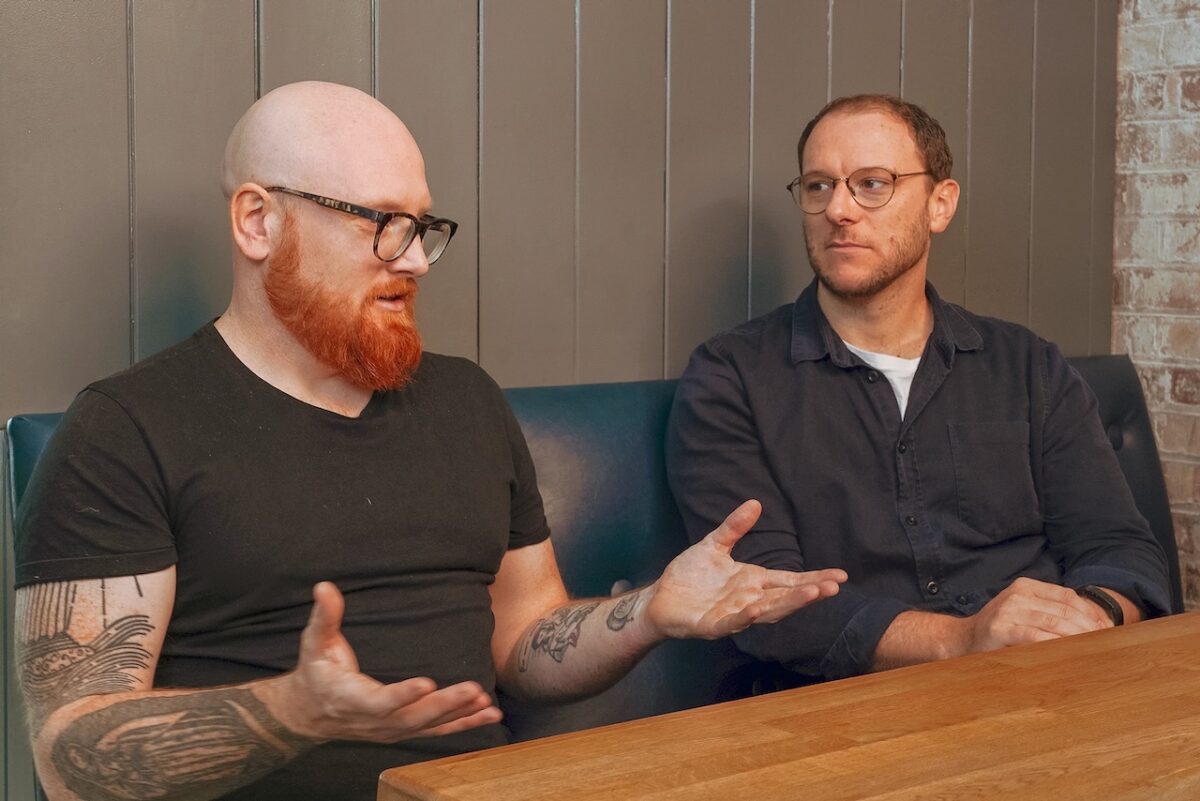
Fate brought them together, but what made them connect?
Michael: “It’s a balance between me, who takes time to think about the future, and Nick, who can see the strategical picture and is more decisive in the present. He is a certified Q grader and has a lot of expertise in coffee, but also has a lot of academic knowledge about trade and development with an interest in the supply chain.”
Nick: “I’m a risk-taker, and Michael thinks things through. He is very thoughtful and observes carefully how things intertwine. I’m an extrovert and talk a lot, but he’s the opposite and a careful listener.
Michael and I are fundamentally different people, but I think we have a similar understanding of how the world works. And most importantly, we share the same desire to make the world a better place.”
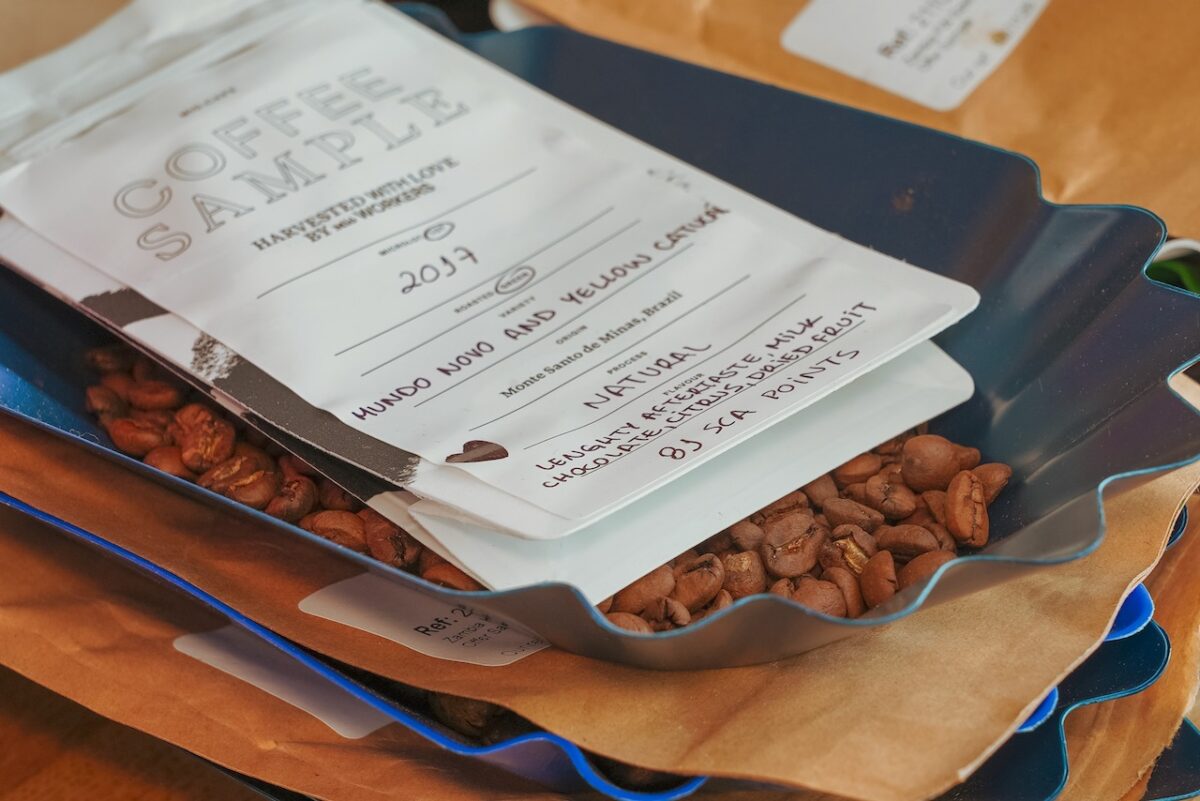
They complement each other’s weaknesses and utilize each other’s strengths. The ideal partnership that Nick and Michael have built is the foundation for Assembly Coffee, which continues to create new value through the resonance of their distinct personalities.
Originally written in Japanese by Tatsuya Nakamichi
Translated by Jouke van der Woude
MY FAVORITE COFFEE
Nick:
"I'm a New Zealander, so flat whites are still my favorite. Every morning when I have my first cup of flat white, it reminds me how lucky I am to be in the coffee business and to be surrounded by coffee."
Michael:
"My favorite coffee is when I go to a restaurant or cafe that serves Assembly, and serves it well. That’s because that moment reminds me who I am working with, and that they are part of the team that is trying to bring specialty coffee to the world."

Buy coffee beans from this roaster
Assembly Coffee
- [Open]
- Mon-Fri: 8:00-16:00